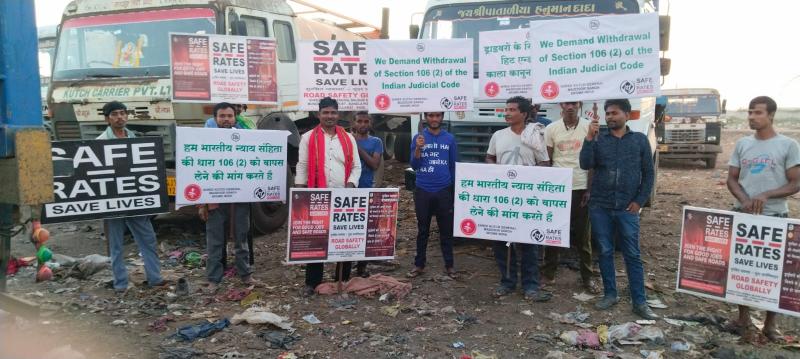An ITF-affiliated seafarers’ union based in Iran has achieved a major organising victory.
The Iranian Merchant Mariners Syndicate (IMMS) has won a new collective bargaining agreement (CBA) for seafarers working for Iran’s five largest shipping companies.
Together, these five companies have more than 300 ships and employ more than 80% of all Iranian seafarers who work on Iranian-flagged vessels – that is thousands of seafarers.
They will now all be covered by this new IMMS agreement, which contains standards drawn from the ILO’s Maritime Labour Convention (2006, as amended), and from Iran’s various national labour laws.
The new CBA will mean a noticeable improvement in the seafarers’ working conditions. It also brings clarity around seafarers’ employment relationship with the shipowners – which, similar to other sectors and in other places, has workers’ traditional employment relationship under threat from irresponsible models of engaging labour, such as the ‘sham’ independent contracting now common in food delivery.
In response, IMMS and Iran’s leading shipping companies came together to provide their industry with a clear model for what an acceptable employment relationship between crew and shipowners should look like. The resulting CBA was the outcome of comprehensive negotiations between the two sides, said IMMS General Secretary Dr.Rezaei.
Dr Rezaei was present to officially sign the CBA on behalf of the union’s membership, as were his counterparts from the major shipping companies who signed on behalf of the shipowners.



